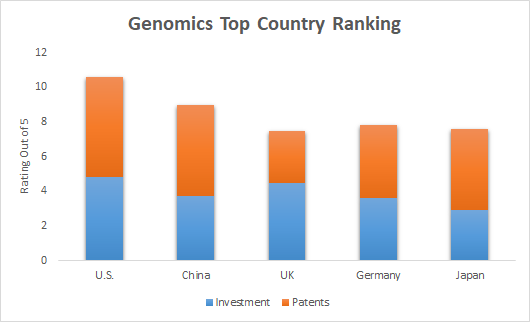Driving the Future: Innovative Trends Transforming the Intelligent Transportation Systems Industry
Revolutionizing Mobility: Cutting-Edge Innovations in
Intelligent Transportation Systems
The Intelligent
Transportation System (ITS) industry is experiencing a surge of innovation
driven by advancements in technology and increasing demand for smart,
efficient, and sustainable transportation solutions. One of the most
significant developments is the integration of artificial intelligence (AI) and
machine learning (ML) to enhance traffic management and predict traffic
patterns, thereby reducing congestion and improving safety.
Autonomous vehicles (AVs) are another groundbreaking innovation, with companies like Tesla, Waymo, and Cruise leading the charge in developing self-driving cars that promise to revolutionize urban mobility. Connected vehicle technology, enabling vehicles to communicate with each other and with infrastructure, is also gaining momentum, enhancing real-time data sharing for better traffic flow and accident prevention.
Moreover, smart
traffic signals and adaptive traffic control systems are being deployed to
optimize traffic light timing based on real-time traffic conditions, significantly
reducing wait times and emissions. The use of drones for traffic monitoring and
management is emerging as a novel solution, providing aerial perspectives and
rapid response capabilities in emergency situations. Additionally, the
integration of 5G technology is set to enhance the speed and reliability of
communication between vehicles and infrastructure, paving the way for more
sophisticated ITS applications.
Electric
vehicles (EVs) and their supporting infrastructure are also crucial components
of the ITS landscape, with innovations in charging technologies and energy
management systems promoting greener transportation options.
Mobility-as-a-Service (MaaS) platforms are being developed to offer integrated,
user-centric transport services, combining various modes of transport into a
single accessible service. These platforms aim to simplify travel and encourage
the use of public and shared transportation, reducing individual car ownership
and its associated environmental impacts. Overall, the ITS industry is on a
transformative path, leveraging cutting-edge technologies to create a more
efficient, safer, and sustainable transportation ecosystem.
Driving
Investments: Accelerating Growth in the Intelligent Transportation Sector
In recent
investment news, the Intelligent
Transportation System (ITS) industry has seen a notable influx of funding
aimed at advancing innovative technologies and solutions to address pressing
transportation challenges globally. Venture capital firms and major tech
investors are increasingly recognizing the potential of ITS to revolutionize
urban mobility, enhance safety, and reduce environmental impact.
Key areas
attracting investment include autonomous vehicle technology, with companies
like Waymo, Cruise, and Aurora securing significant funding rounds to further
develop and deploy self-driving cars. These investments are crucial as AV
technology progresses towards mainstream adoption, promising to reshape
transportation networks and reduce traffic congestion.
Moreover, smart
infrastructure initiatives are gaining traction, supported by investments in
intelligent traffic management systems and smart city projects. Companies
specializing in traffic analytics, predictive maintenance, and real-time data
processing are receiving funding to improve traffic flow efficiency and enhance
infrastructure resilience.
The integration
of artificial intelligence (AI) and machine learning (ML) in ITS solutions is
another focal point for investment. Startups and established players are
leveraging AI to optimize routing algorithms, improve energy efficiency in
transportation networks, and enhance predictive capabilities for maintenance
and safety.
In the realm of
electric vehicles (EVs), investments are fueling the expansion of charging
infrastructure networks and advancements in battery technology. This funding is
pivotal as the industry aims to accelerate the adoption of EVs and reduce
reliance on fossil fuels.
Conclusion
Overall, the ITS
industry's investment landscape reflects a growing confidence in
technology-driven solutions to address urban mobility challenges and pave the
way for more sustainable and efficient transportation systems globally. As
funding continues to flow into these areas, stakeholders anticipate significant
advancements that will reshape how people and goods move within and between
cities.




